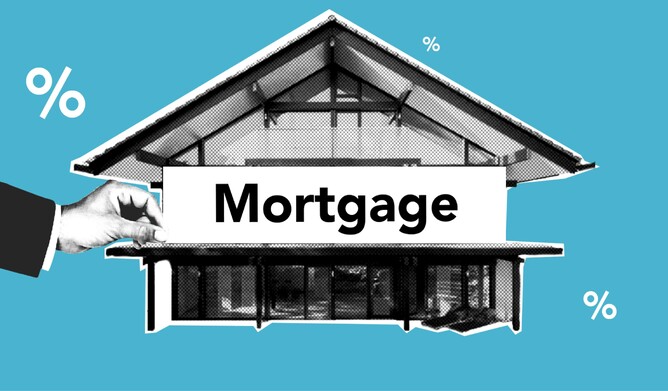Reassuring Turning Point in the UK Mortgage Market
After a long period of volatility, the UK mortgage market is showing signs of stabilisation. For homeowners and prospective buyers, the recent decline in average mortgage rates offers a welcome reprieve. In particular, the Bank of England’s decision to reduce its base rate by 0.25 percentage points – from 4.25% to 4.00% – has provided timely relief for those seeking short-term financial certainty.
Two-Year Fixed Rates Fall Below 5%
According to the latest figures from Moneyfacts, the average two-year fixed mortgage rate has now dipped to 4.99%. This marks the first time it has fallen below the 5% threshold since the economic upheaval triggered by the September 2022 “mini-Budget” under then-Chancellor Kwasi Kwarteng. That fiscal event, widely criticised for its lack of oversight and market sensitivity, led to a sharp rise in borrowing costs and ultimately contributed to the resignation of Prime Minister Liz Truss.
More notably, the two-year fixed rate is now marginally lower than the five-year fixed rate, which stands at 5.01%. This reversion to the traditional pricing structure – where shorter-term deals are more affordable than longer ones – suggests a renewed sense of confidence among lenders and a more competitive lending environment.
Drivers Behind the Shift
The recent rate cut by the Bank of England has played a central role in easing mortgage costs. By lowering the base rate, the Bank of England aims to encourage economic activity while managing inflationary pressures. In parallel, the narrowing gap between short- and long-term fixed rates reflects a broader market reversion to normalcy. Lenders appear increasingly confident in the outlook for interest rates, prompting more aggressive pricing strategies to attract borrowers.
However, caution remains warranted. While rates are trending downward, inflation continues to exceed the Bank’s 2% target. As such, further reductions in the base rate are expected to be gradual and measured, rather than swift or sweeping.
Implications for Borrowers
For those with fixed-rate mortgages nearing expiry, this may be a good time to consider refinancing. Two-year fixed deals currently offer both affordability and flexibility, with the potential for further rate reductions in the near term. Conversely, five-year fixed rates – though slightly more expensive – provide longer-term stability and peace of mind.
Borrowers on variable rates may benefit immediately from the Bank of England’s rate cut, as lenders adjust their pricing in response. However, the extent of these benefits will vary depending on individual mortgage terms and lender policies.
Our View
Given the evolving economic landscape, it is advisable to consult a qualified mortgage broker or financial adviser. Depending on one’s credit profile and deposit size, rates below 4% may be attainable. Timing is also critical; with inflation still elevated, the window for securing favourable terms may narrow.
For those reviewing their financial plans, it is worth considering whether a short-term or long-term fix better aligns with personal and professional objectives. Additionally, savers should be mindful that lower interest rates will likely reduce returns on traditional savings products, prompting a need to explore alternative investment options in consultation with their wealth/financial planners.
Talk to us
If you would like clear, concise, and easy to understand help and advice on any issues that affect you or your business, contact our Client Managers on 01474 326224. Alternatively, visit our website (atnpartnership.co.uk) or email us at info@atnpartnership.co.uk.



